Since founding thinkLaw 4 years ago, I’ve set foot on over 50 stages to share the gospel on what I think is the most necessary shake-up in K-12 education: a full-on revolution to integrate critical thinking into every classroom. This mission is what drives thinkLaw’s work in over 200 classrooms in 20 states.
Halfway into 2019, I’m more optimistic than ever that the critical thinking revolution is gaining traction. Already, I’ve spoken to audiences in DC about the role of critical thinking in the coming Age of Agility, in Dallas to lead a room full of educators of color who feel duty-bound to raise expectations for all kids through social entrepreneurship Teach For America’s Annual School Leaders of Color summit, and back in my hometown of NYC at the CLASS Coalition summit to a roomful of leaders from the most selective, highest-performing public schools across the country to share powerful, but practical strategies to stop leaving genius on the table.
Following the aptly named Varsity Blues college scandal earlier this spring, I wrote a piece about the false narrative of Meritocracy that caught the attention of Forbes and was offered a column to share with their 70 million visitors more about ways to shake up education that is inclusive of all students.
Then, after realizing that college is so valuable that even members of the 1% are willing to lie, cheat, and steal to ensure their children get accepted, I tackled the equity challenges with the “College Isn’t for Everyone” attitude in my latest Forbes piece. The idea that learning how to learn is inherently more valuable than learning a specific skill or trade has resulted in over 17,000 views and caused leaders of multiple school systems to deem this article “required onboarding reading for our team.”
As the school year closes out and thinkLaw enters the second half of the year, I’m incredibly excited about the opportunities ahead to continue to spread the message of critical thinking in the classroom—in summer workshops, via the 300+ pending partnerships with schools, from the mainstage at conferences around the country, and in the columns of Forbes. Next month, I’ll be the keynote speaker at the Texas Association for the Gifted and Talented’s Underrepresented Students Summit and the Arizona Alliance for Black Educators’ Conference, where I will be sharing more on the topic of “Leaving Genius on the Table.” As I wrote about last fall, I—like far too many educators—bought into the fundamentally flawed myth that gifted students “will be just fine.” I’m thrilled for the opportunity to revolutionize the way we think about who can benefit from instructional strategies that unleash every child’s full potential, a message I’m also bringing to the National Charter School Conference as a key theme to my Future-Proofing Our Students session that I am leading alongside amazing leaders from Friendship Public Schools, the Foundation for Hispanic Education, and the Edison School of Innovation.
It is truly a privilege to have access to increasingly significant platforms to change the narrative on who gets access to crucial 21st century skills. But the core impact of thinkLaw will always be at the classroom level through our incredible partnerships with schools and youth-serving organizations in every corner of the country. Our partnerships include incredible collaborations with agencies serving youth aging out of foster care like the Clark County Department of Family Services and St. Jude’s Ranch in Las Vegas where they are using critical thinking as a crucial life skill to support their youths’ successful transition into adulthood. We’ve also helped young people in being the change they’ve been waiting for as part of thinkLaw’s Hack-a-Thon for Social Change with secondary students in Prince George’s County Public Schools. We’re headed into our second year supporting ELL students in Mesa Public Schools in Arizona by giving them the opportunity to sharpen their critical thinking skills by engaging in rich, rigorous collaborative experiences through our real-life legal cases. And we are partnering with educators across 20 Texas districts with our seamlessly integrated curriculum that unleashes the full potential of gifted and talented students using our real-life legal cases in upper grades, fairy tales and nursery rhymes in lower grades, and “Thinking Like a Lawyer” instructional strategies that help them make the 21st century shift from asking “what” and “how to” to asking “why” and “what if.”
The critical thinking revolution is happening. Won’t you join us?
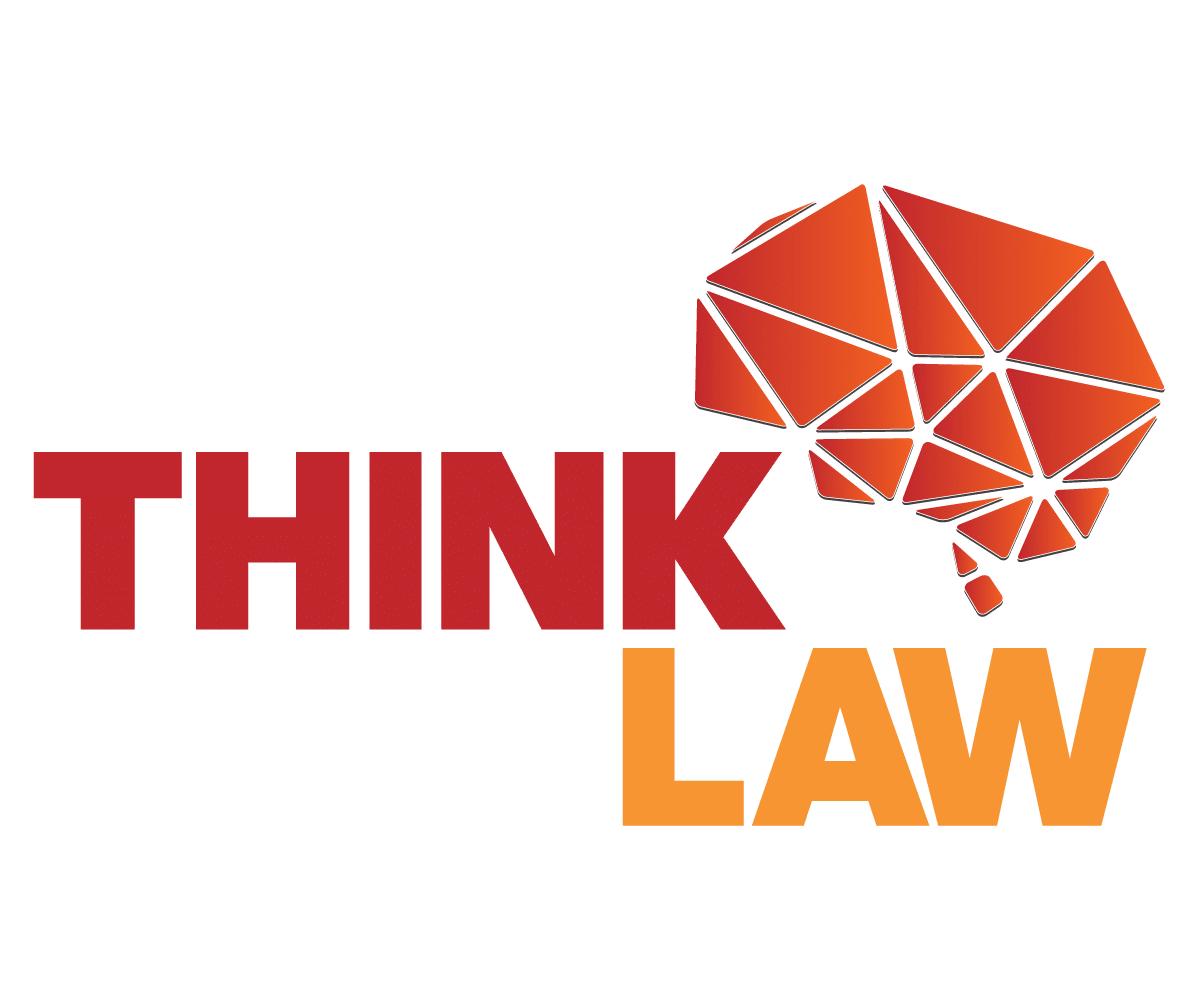
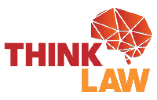
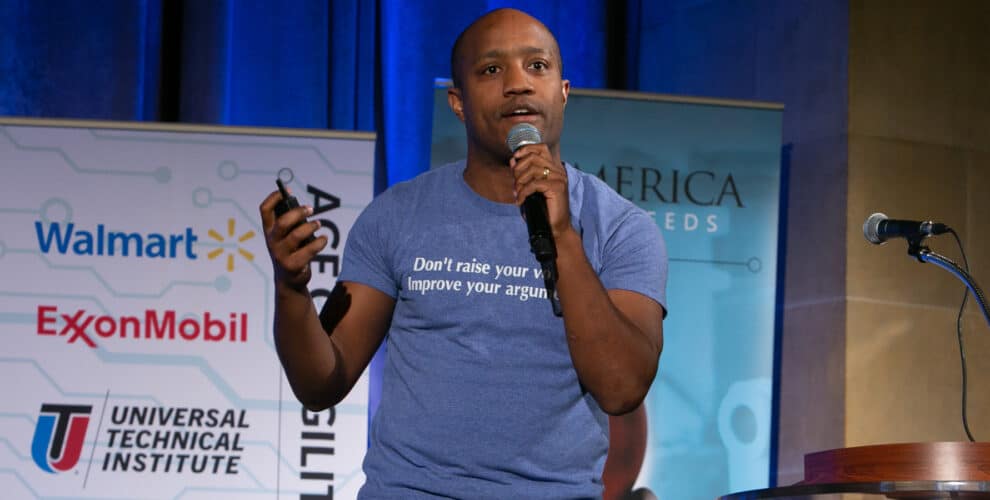
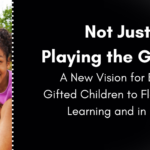
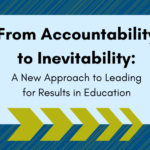
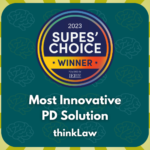
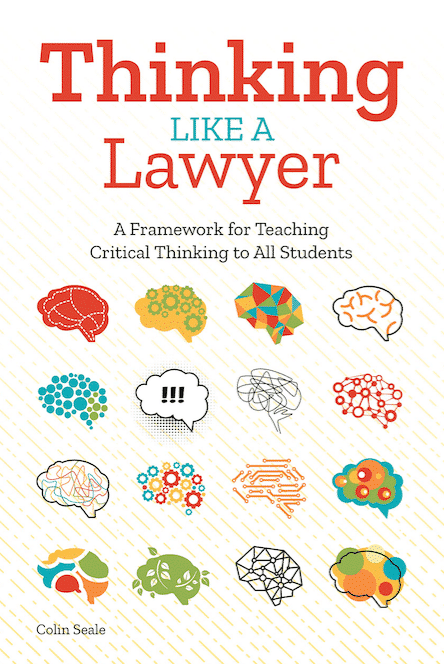
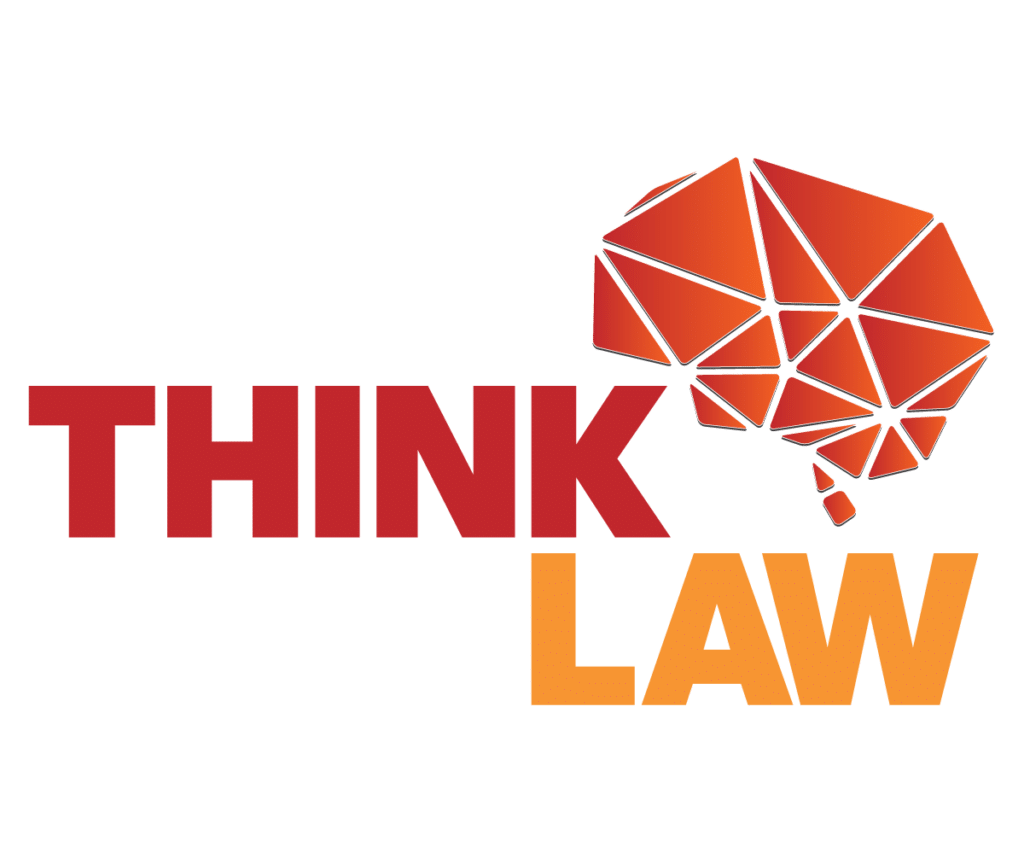
Leave a Reply